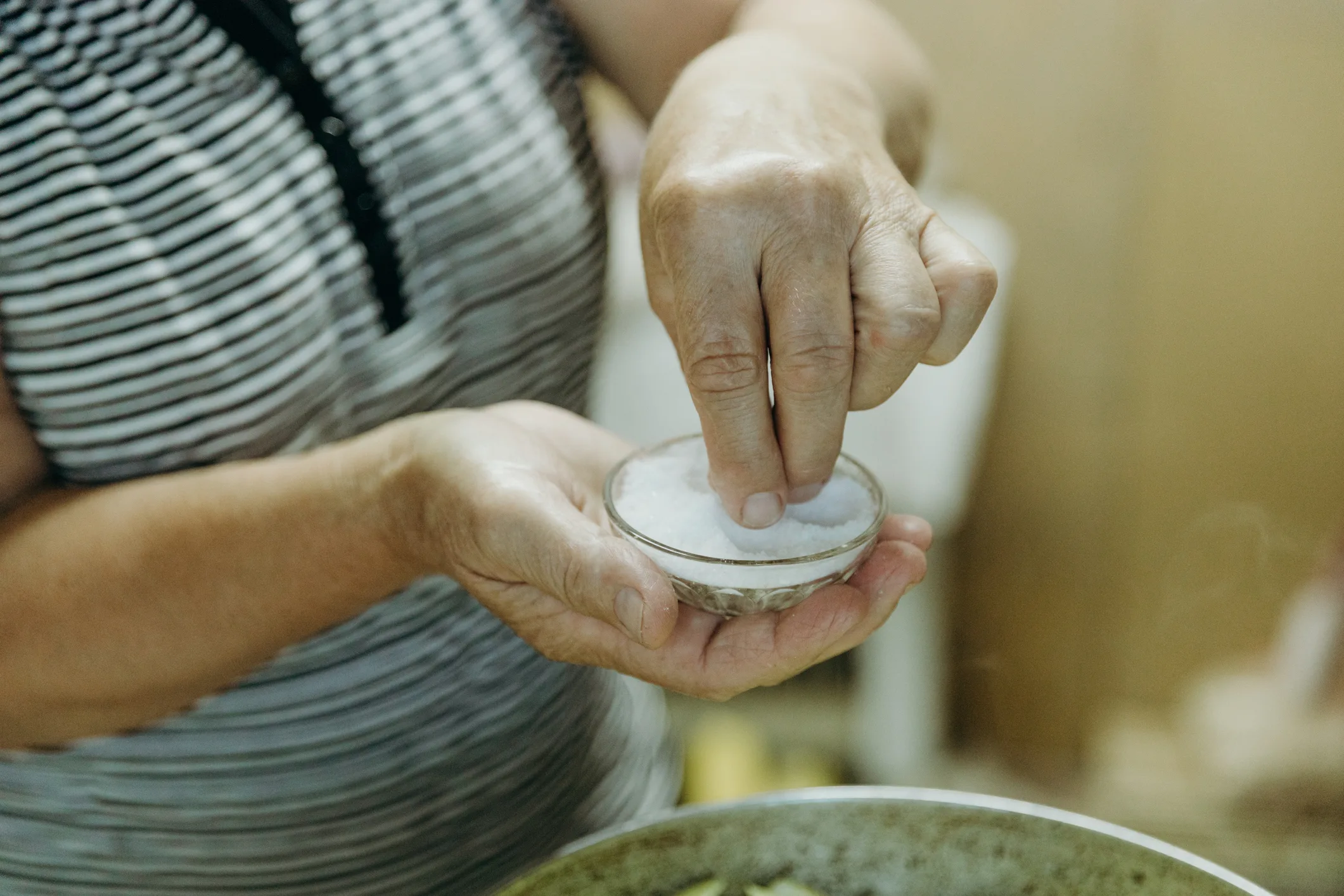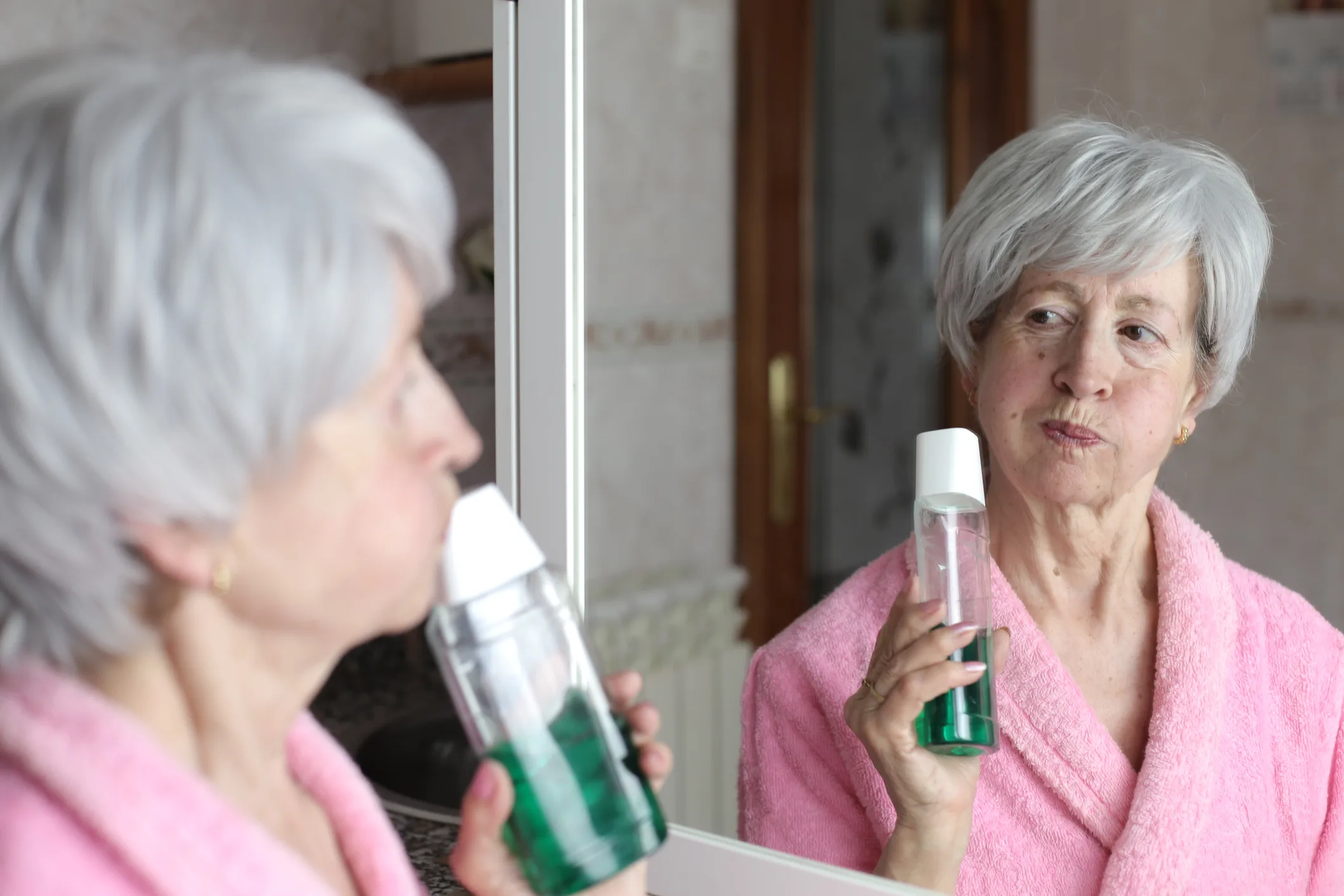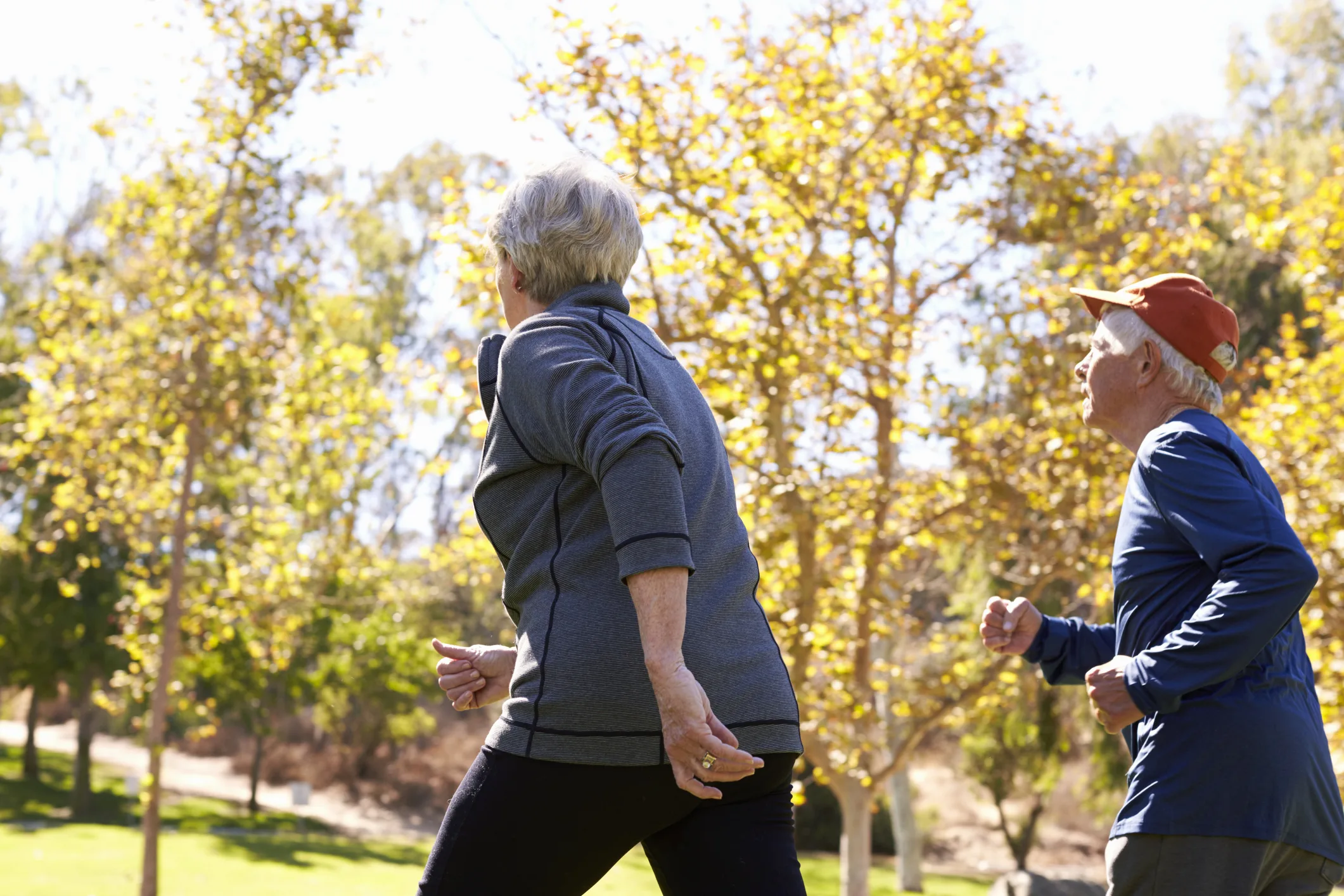Tea isn’t just a comforting warm drink; it’s a global phenomenon, the second most consumed beverage in the world after water. With over 160 countries embracing this ancient brew daily, it’s worth exploring what truly happens when you make tea a regular part of your life. Whether you prefer it hot or cold, black or green, with or without milk, a daily tea habit can affect your body in ways you might not expect – for better and, sometimes, for worse. Here’s what you should know before you pour your next cup.
The Sweet Spot for Sipping
When it comes to tea, moderation is truly key. Research suggests that drinking 2-3 cups daily hits the “sweet spot” for maximizing health benefits. This moderate amount has been linked to a lower risk of premature death, fewer heart problems, and a reduced chance of developing type 2 diabetes. Pushing past 3-4 cups a day likely won’t offer extra health perks and could even introduce problems. Excessive tea drinking can lead to caffeine-related side effects like anxiety, disrupted sleep, and an upset stomach. Your morning tea should perk you up, not make you feel unwell!
Your Heart’s Best Friend?
One of the most celebrated advantages of regular tea consumption is its profound impact on your heart. Tea contains special compounds called polyphenols, which act like tiny protectors for your cardiovascular system. Studies have shown these compounds can help boost your “good” cholesterol (HDL) while simultaneously lowering the “bad” kind (LDL). The heart-healthy benefits extend further: tea drinkers often exhibit better blood pressure numbers. The antioxidants in tea help your blood vessels remain flexible and strong, meaning your heart doesn’t have to work as hard to pump blood throughout your body. However, be mindful that loading your tea with lots of sugar or cream can counteract these valuable effects, so keep your cup simple for the best results.
An Unexpected Guest: Iron Interference
Here’s a lesser-known fact for many tea aficionados: tea can interfere with your body’s ability to absorb iron. The tannins in tea act like tiny magnets, binding to iron from your food and making it harder for your body to utilize. This is especially crucial if you follow a plant-based diet or already have low iron levels. Research indicates that consistent tea drinking can contribute to iron deficiency if you’re not careful about your timing.
The good news is you don’t have to give up your beloved brew! It’s all about strategic timing. Try waiting an hour or two after meals before enjoying your tea. This allows your body sufficient time to absorb the iron from your food before the tannins can interfere. Sipping tea between meals, rather than with them, can also help mitigate this issue. If you’re concerned about your iron levels, always chat with your doctor about the best tea-drinking schedule for your needs.
Navigating Sleep and Jitters
The caffeine in tea affects everyone differently. While some individuals can enjoy tea right before bed without issue, others might find themselves staring at the ceiling. Regular tea consumption can impact your sleep patterns and anxiety levels, particularly if you’re sensitive to caffeine. If you notice that tea makes you jittery or interferes with your sleep, consider switching to caffeine-free herbal teas in the afternoon and evening. Many find that specific herbal blends, like chamomile, can actually promote relaxation and better sleep.
Whether you’re a long-time tea lover or just beginning your tea journey, understanding these effects can help you make the most of your daily brew. The key is to find the right balance – enjoying the benefits while being mindful of potential drawbacks. Listen to your body, adjust your tea habits as needed, and remember that what works best for you might evolve over time.
Source:











